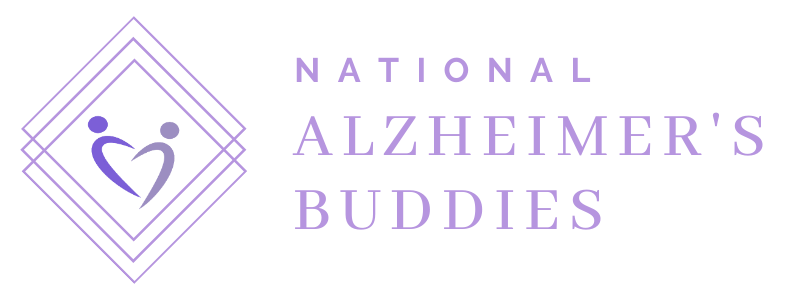Although I am far from Massachusetts, I am glad that the internet allows me to be aware of what’s going on in other corners of the globe, such as in this exciting news: “A landmark law hopes to improve Alzheimer’s care in Mass."
In short, this new legislation requires those in the health field, such as physicians and nurses, to undergo training to care for those with Alzheimer’s and other forms of dementia - a training directly tied to the renewing or gaining of licenses. Moreover, Alzheimer’s patients will have family members or legal representatives informed about the diagnoses. This plan is effective no later than October 1, 2021.
This legislation clearly shows the focus on Alzheimer’s since it is a disease on the rise with the growth of the aging population. Moreover, the training necessary for those in the health field means that there will be growing awareness for Alzheimer’s. While more people may be diagnosed, this also ensures that more resources can be allocated to enhance education, treatment, and research for the disease. Beyond just health care in places like hospitals, the information for patients regarding their diagnoses to family members or legal representatives means that patients will have greater support - whether emotionally or legally. In many instances, next steps for Alzheimer’s patients are uncertain because the diagnosis comes too late - however, with this new mandate, e preliminary measures can be taken.
This legislation paves the way for more steps in dementia care in Massachusetts. This article mentions Emerson Hospital in Concord: Alzheimer’s patients rooms will have “a purple sheet giving staff information to help them interact with dementia patients. The sheet will list such items as the patient’s nickname, her pet’s name, her past, what makes her anxious, and what calms her down.” Essentially, this means that the care of Alzheimer’s patients are personalized so that the emotional and mental health of Alzheimer’s patients are valued.
Upon considering this, I thought back to my work at Hebrew Senior Life. As a volunteer, I was able to connect with my buddy in ways that made her feel comfortable due to the “buddy bios” that we received. For example, with Nancy*, my current buddy, I knew that she liked poetry. Thus, I made sure that was something that came up during our conversations. I wonder if something similar was presented to the staff working with patients like Nancy. At the same time, I am grateful that Harvard College Alzheimer's Buddies have the “buddy bios” allowing volunteers to connect with their buddies. Moreover, I understand how valuable this can be in places with Alzheimer’s patients for both the staff and patients themselves.
There are many moving parts to ensure that the legislation in Massachusetts regarding Alzheimer’s care is carried out. Despite the challenges, this legislation is a forerunner in the field of Alzheimer’s care, not to mention health care.
*Names changed to protect privacy.
-llen Zhang
